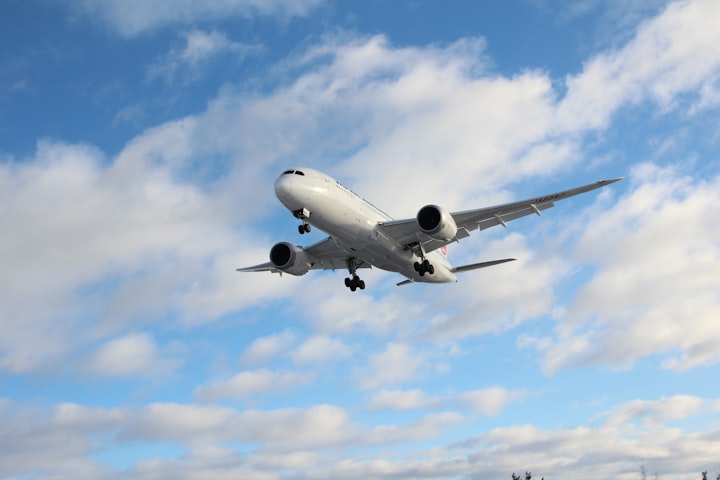No more airline bag loses.
by Business Reporter Bernd Debusmann Jr

Story extracted from https://www.bbc.co.uk/news/business-57232744 and rewritten by me.
IATA chief information officer tells us "Airlines are not very good at information technology"(Pascal Buchner).
Such a statement would be agreed upon those travellers who lost their baggage of had their flight delayed.
However this may change when airlines invest heavily in technology.
"Main source of performance for airlines is data" said by Mr Buchner.
Maintenance, baggage handling, cargo tracking, staff management, customer loyalty programmes, data analysis has become one of the most significant factors in determining how airlines successfully operates.
Jacques Demael the senior vice president of strategy and business support at SITA pointed out, "In a single trip the passengers have interaction with 10 different entities - from airlines, government, ground handlers to at least 2 airports - all of which requires the secure exchange of data on baggage, flight and travel documents".
The senior vice president states that the "amount of shared data exploded over the last few years".
Making a smooth trip is largely dependent on data, from sharing travel documentation to monitoring the flow of baggage between airports. Travellers may not be aware of this.
Mr Demael explains how the use of baggage tracking data leads airlines to improvement rates of up to 66%, "Way of bags being mishandled is significantly reduced when it gets tracked across multiple steps in the journey and all of that information is shared".
"Such improvements led to a global baggage mishandling cut by half in the past decade".
Despite the positive improvements there is still work to do. SITA 2020 report found that in 2019 25.4 million pieces of luggage were mishandled around the globe, costing this industry $2.5bn.
Covid 19 pandemic has been devastating for the airline industry but IATA believes that the air transport industry will return to 2019 levels in 2022 a year in which it is expected that the industry will return to breakeven or profitability.
And with that recovery will come the collection of record amounts of data.
Use of real time data will allow airports and airlines to allocate their resources more effectively. So gates, checkout counters and baggage centres can be properly staffed and bad weather and flight cancellations events can be dealt with effectively.
Mr Demael also says that data will be valuable in the post-covid environment for passengers.
A platform developed by the technology company Sisense is used by Air Canada to collect and push various forms of data to staff members, from frontline employees to executives.
Shaul Shalev of Air Canada's Manager of Safety Analytics and Innovation says "we improve by measuring and now the measuring can be done closer to real time".
Traditionally, data was shared by e-mail, alerts, PDFs and simple dashboards. Now, new technologies allow Air Canada to rapidly push information to employees through apps, smart watches and even immersive 3D environments to display the data.
Mr Shalev further adds "you need to present the data to the right people at the right time. A user cannot stop his or her day job and go on to an office, print out a PDF, look at a dashboard or the appropriate e-mail or bulletin and then digest the data they need".
Now a days passengers can bring up all sorts of information on the state of air Canada fleet that would have taken days to assemble.
Stepping forward is being able to identify the problems long before they occur.
Mr Shalev also says "imagine if we can tell when an aircraft part needs replacing before it's actual expiration time or if we can predict the failure of a particular part and act accordingly. This is all now possible now and is based on degraded performance over time. Our approach will add more precision and as a result will enable us to select what to replace as well as when and where".
Around 100 systems were consolidated into ten to make data in its cargo business much more manageable at American Airlines.
Till this day such amazing technology has impacted the work of 8,000+ teams members in cargo and airport operations as well as 30,000+ customers.
It is stated by the American airlines president of cargo and vice president of operations innovation and delivery, Jessica Tyler, "we are able to learn more from the level of data we get given that tell us about customer behaviour, shipment performance and any issues that may be occurring".
She further adds, "In most cases we are able to see patterns and get ahead of the issues before it affects the shipment journey".
About the Creator
Rumman Mir Sharif
Hi there my name is Rumman and I love to read and write.






Comments
There are no comments for this story
Be the first to respond and start the conversation.